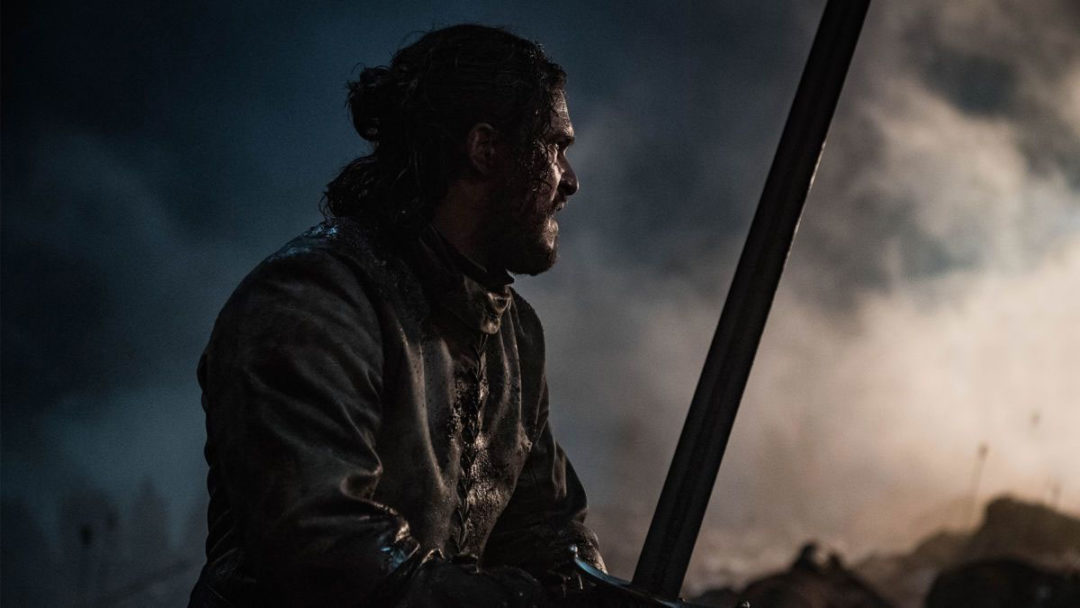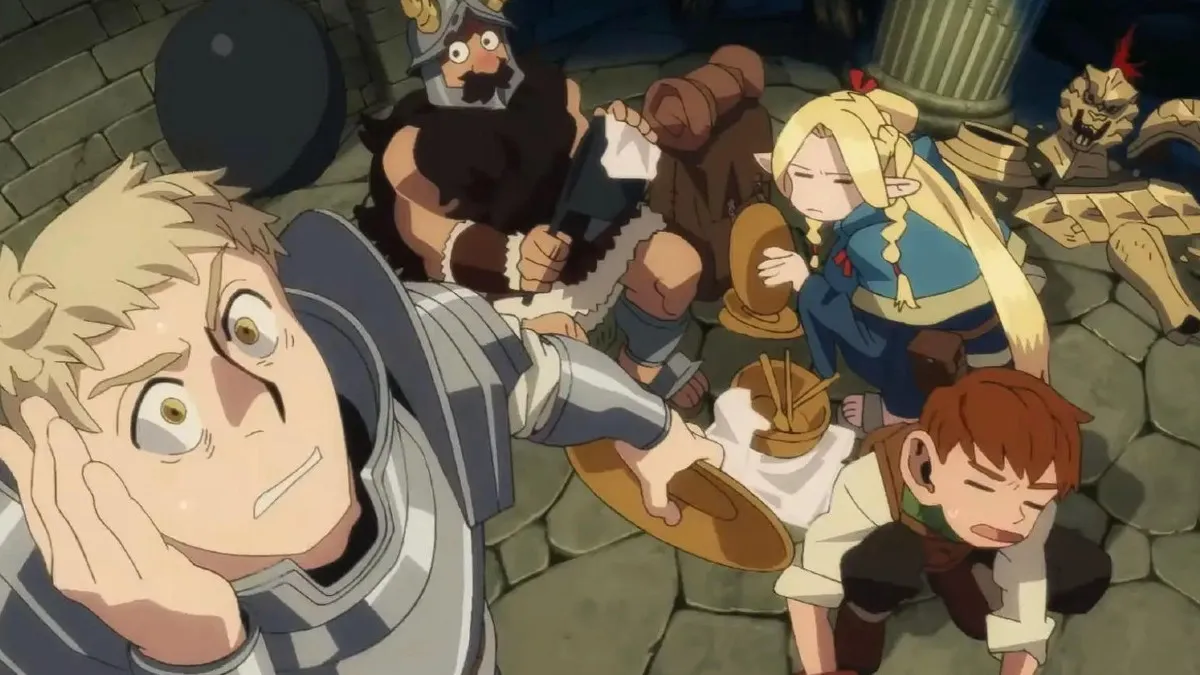Much like Disney with its Star Wars franchise or CBS with Star Trek, it is quite apparent that HBO sees Game of Thrones as a sustainable long-term anchor. This makes a certain amount of sense looking at the television landscape. Despite the decision to press ahead with a variety of programming — including geek-friendly properties like Watchmen, critically-lauded dramas like The Leftovers, and science-fiction epics like Westworld — the HBO line-up has yet to produce a potential successor that can come close to matching Game of Thrones, emerging as a successor to the channel’s earlier breakout hits like Sex and the City and The Sopranos. This is particularly important in an era where HBO hopes to branch out into streaming, especially if they hope to set their subscription at a muscular $16/17. HBO needs something that will attract hardcore devotees and seems to have settled on more Game of Thrones as one major selling point.
There are scattered reports about a slew of Game of Thrones-related content in development. By 2017, as the end of Game of Thrones approached, HBO confirmed it was working on “multiple possible spin-offs.” In May, George R. R. Martin reported that “three of them are still moving along nicely.” However, the project that seems furthest along is the one variously referred to as The Long Night or The Longest Night, a prequel already shooting in Northern Ireland with an impressive cast headlined by Naomi Watts and reportedly featuring loads of Starks, no Lannisters, and 100 kingdoms. Whatever is occurring with the other potential spin-offs, this seems like the one that will most likely make it to screen and relatively quickly. However, the question is whether this prequel can hope to capture the lightning in a bottle that made Game of Thrones such a big success.
Much has been made of the fact that Game of Thrones was a watercooler show, possibly (as many a thinkpiece lamented) the last watercooler show. It was a piece of the monoculture, which seemed ironic on multiple levels. Most obviously, it arrived at a point where the monoculture was fracturing — where “peak TV” made it difficult for people to build a shared pool of cultural references. (It was “drowning us in content.”) More than that, it aired on a boutique subscription-driven network rather than on one of the big three (or four) stations, accessible to only a minority of television viewers. Even beyond those contradictions, the show itself was actually about the fracturing of collective experience and the idea of a single cohesive narrative, often splitting up its characters geographically and narratively while challenging the idea of a singular cohesive story.

Nevertheless, Game of Thrones became a cultural touchstone. It was the most pirated show in the world. It smashed HBO’s viewing figures. Lines of dialogue like “You know nothing, Jon Snow,” entered the cultural lexicon. It was a fixture of spoof comedy shows. It inspired a variety of other television. It even tried to serve as a launching pad for a variety of talent to the big screen, a rarity in this era where movie stars no longer exist in a traditional or conventional sense. Hollywood tried to make stars of Kit Harrington (Pompeii, MI5), Emilia Clarke (Me Before You, Terminator Genisys) or Sophie Turner (X-Men: Dark Phoenix). So it makes sense that HBO would want to build a brand on more Game of Thrones. But is that desirable? Or even possible?
Of course, there have been successful spin-offs before, even on television. Mork & Mindy ran for four seasons, spinning off Happy Days. Frasier spun off Cheers and managed to cultivate its own identity. Many casual television fans might miss that Melrose Place was a spin-off of Beverly Hills, 90210. It could (reasonably) be argued that Star Trek: The Next Generation was a bigger mainstream hit than the original Star Trek could ever have claimed to be. So there is some hope for a successful spin-off series. However, for every success story, there is another crushing disappointment. Many spin-offs are dead on arrival, lasting a season or less. For every Laverne & Shirley, there was a Joanie Loves Chachi waiting in the wings.
In many cases, the ability to launch a spin-off is rooted in the affection that the audience has for the original series. Happy Days launched several spin-offs, but its most successful — Laverne & Shirley — was launched at the peak of its popularity. The Next Generation arrived following Star Trek IV: The Voyage Home, the most financially successful (and widely popular) Star Trek film. In contrast, older shows with more volatile fanbases tend to struggle to successfully launch a spin-off. Caprica was a spin-off from Battlestar Galactica, featuring Eric Stoltz, and ended almost as quickly as it began. The first earnest attempt to launch a spin-off from The X-Files came during its eighth season, at which point the show was a fading juggernaut rather than a cultural behemoth. The Lone Gunmen died a curiosity rather than a success.

This poses a challenge for Game of Thrones. The issue is not that Game of Thrones is unloved. Quite the opposite. There is strong evidence that audiences were relatively happy with the final seasons of the show. Most obviously, the audience kept growing, which is not something that happens when viewers are actively frustrated with a narrative. A poll by The Hollywood Reporter of general audiences revealed that 63 percent of audiences liked the finale “some” or “a lot,” with only 34 percent that “didn’t really like it” or “didn’t like it at all.” This is a pretty standard result. Approximately two-thirds of the audience responded positively to the finale, and only a third reacted negatively.
However, the days and weeks following the end of Game of Thrones saw a narrative emerging. The news was filled with stories about how much fandom hated the final seasons of Game of Thrones. The stories traveled so far and wide that it seems almost redundant to repeat them — the petition that earned over a million signatures, the Google-bombing of the writers’ names, the message flown over Seattle. Again, there’s little evidence to suggest this was a majority of viewers or even a consensus opinion. Like the trolling of otherwise successful and well-liked works like The Last Jedi, it seemed to be the work of an extremely vocal and agitated minority. Indeed, it should be noted that fandom has a history of such extreme reactions. Fans took out trade advertisements threatening Paramount over the now-beloved Star Trek II: The Wrath of Khan, while producer Ira Steven Behr makes a point to read back angry contemporary fan feedback in his documentary What We Left Behind looking at the now-beloved Star Trek: Deep Space Nine.
The only real difference is that now these very angry and very vocal sections of fandom are agitated, and they are trying to consciously control the narrative. The mention of The Last Jedi above seems likely to serve as an illustrative example. By any measure, the film was a success: It was the highest-grossing film of the year, it earned an “A” CinemaScore with audiences, and it was a massive success on home media. However, as anybody who has written about The Last Jedi even casually will know, there will inevitably be strong pushback on these measures of the film’s success, often pointing to indirect metrics like the failure of Solo or declining toy sales. (Never mind that Solo faced its own problems, and that industry experts point to the declining toy sales as part of a broader trend — and maybe even market factors — rather than anything specific to Last Jedi.) There is a strong sense in modern fandom that it is no longer enough that fans do not like a thing — and to lay my cards on the table, I don’t love The Last Jedi — but instead the official narrative of the object that they hate must be one of failure.

This is perhaps a challenge facing any effort to spin a prequel series out of Game of Thrones, the intrinsic hostility of a very vocal section of fandom that is working consistently and aggressively to assert a narrative of creative failure around the end of Game of Thrones. These fans may not make up a majority of the audience, who seem to have been relatively happy to close the book on the series and move on, but the realities of the modern media landscape mean that these very loud voices take up a disproportionate amount of oxygen and so get to dictate the narrative and legacy of the series. It seems highly likely that by the time that any Game of Thrones spin-off makes it to screen, the strongest association that any viewer will have with the series is the news coverage of some latest absurd stunt from those fans who are still angry about how the final seasons unfolded. This creates a sizable hurdle for any follow-up to Game of Thrones, and something that the series will have to navigate very carefully.
Perhaps the best approach might be something completely different. Rather than trying to offer more of Game of Thrones, instead offer something different. Many of the best spin-offs work because they distinguish themselves from the pop culture that launched them. The Next Generation was a very different sort of Star Trek compared to the original series. Better Call Saul continues to quietly be one of the best shows on television in large part because it isn’t trying to imitate the success of Breaking Bad. Perhaps the next Game of Thrones series doesn’t need to be a watercooler show. After all, that level of success and popularity inevitably contributed to the fan backlash and the blowback against Game of Thrones in its final seasons. Besides, watercooler shows are strange creatures. They rarely seem designed and grown, often seeming to manifest through a confluence of different factors outside the control of the creative team. Trying to replicate that success so literally and so formulaically may be a fool’s errand, as some of the ingredients of Game of Thrones‘ success were far outside the control of the creative team.
Perhaps the Game of Thrones spin-off would be best served if it wanted to be something other than the next Game of Thrones.






Published: Jul 12, 2019 12:10 pm